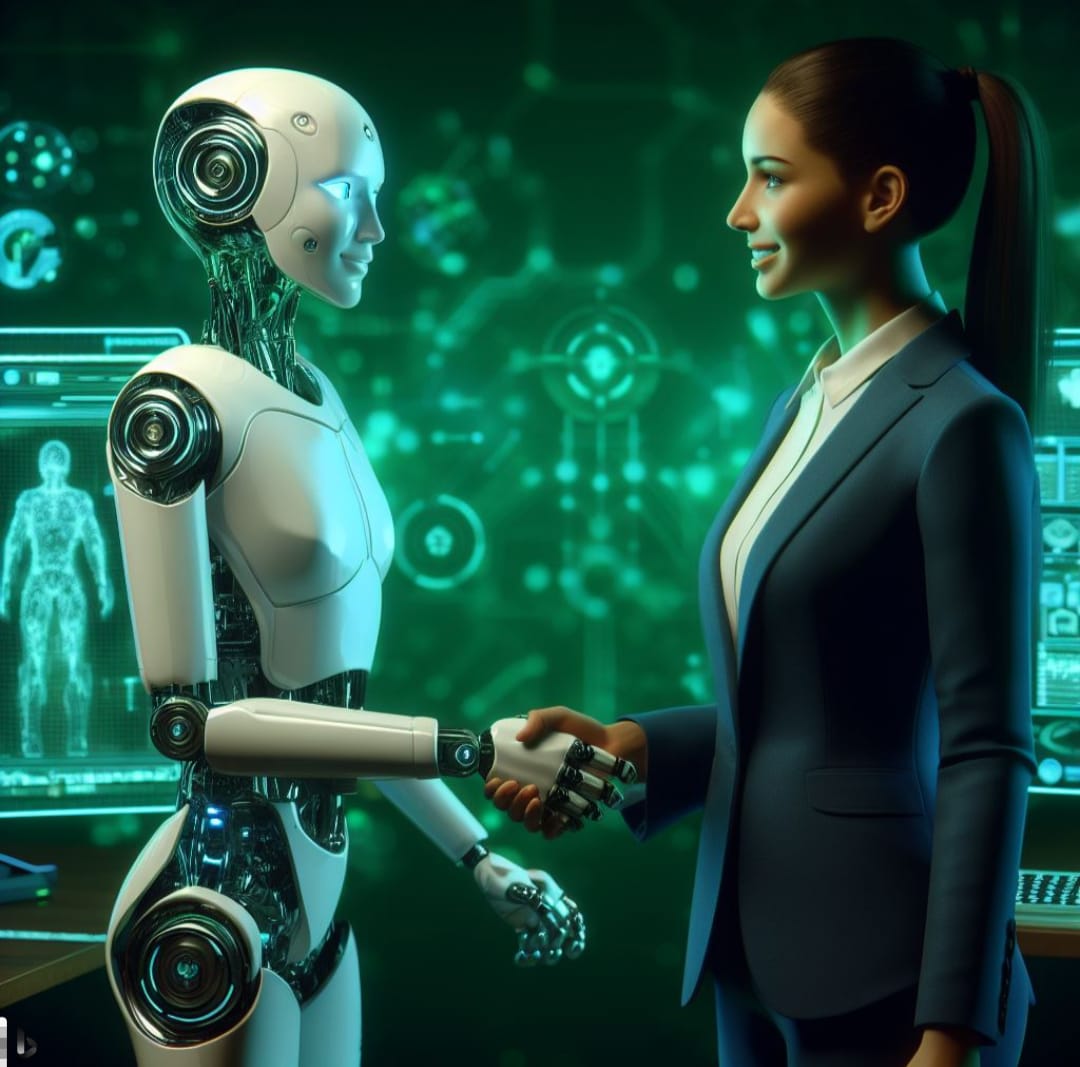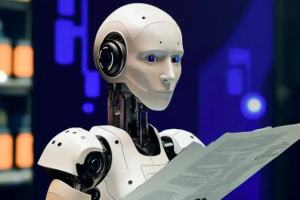Artificial intelligence (AI) is the ability of machines to perform tasks that normally require human intelligence, such as reasoning, learning, decision making, and creativity. AI has the potential to impact human life in many ways, both positive and negative. Here are some examples of how AI can affect our lives:
- Transportation: AI can enable autonomous vehicles that can drive themselves without human intervention, reducing accidents, traffic congestion, and pollution. AI can also optimize routes, schedules, and fares for public transportation, making it more convenient and accessible.
- Education: AI can assist teachers and students in the learning process, providing personalized feedback, guidance, and tutoring. AI can also create adaptive and interactive learning environments that can cater to different learning styles and preferences.
- Healthcare: AI can help diagnose diseases, suggest treatments, monitor patients, and discover new drugs. AI can also improve access to healthcare services, especially in remote and underserved areas, by using telemedicine and chatbots.
- Entertainment: AI can create new forms of entertainment, such as games, music, movies, and art. AI can also enhance the user experience by providing recommendations, personalization, and interactivity.
- Social: AI can help us connect with other people, both online and offline, by facilitating communication, translation, and collaboration. AI can also help us understand ourselves and others better by analyzing our emotions, behaviors, and personalities.
However, AI also poses some challenges and risks to human life, such as:
- Ethics: AI can raise ethical dilemmas and questions about the values, rights, and responsibilities of humans and machines. For example, who is accountable for the actions and outcomes of AI systems? How can we ensure that AI is fair, transparent, and explainable? How can we protect the privacy and security of our data from misuse or abuse by AI?
- Employment: AI can replace or augment human workers in various sectors and industries, creating new opportunities but also displacing or eliminating existing jobs. For example, how can we ensure that workers have the skills and education to adapt to the changing labor market? How can we provide adequate social protection and welfare for those who are affected by automation?
- Society: AI can influence our social norms, values, and culture, both intentionally and unintentionally. For example, how can we prevent or mitigate the potential biases, discrimination, or manipulation that AI might introduce or amplify in our society? How can we ensure that AI respects and promotes human dignity and diversity?
Source: Conversation with Bing











Add Comment